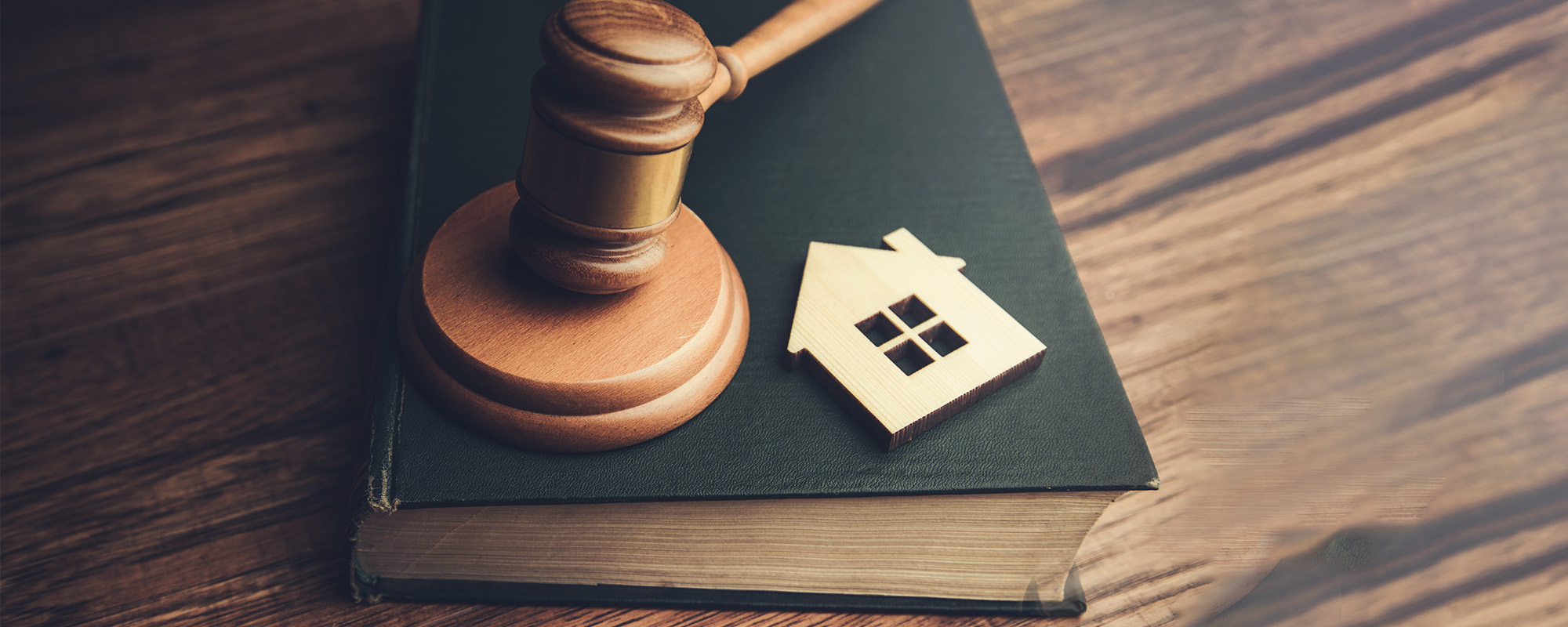Most people who file for bankruptcy are able to retain their house. There are, however, two ways that you can lose your house when you file bankruptcy in Kentucky or Indiana:
- If you fail to make your mortgage payments. This is no different than if you had not filed bankruptcy. Failure to make your mortgage payments will result in the mortgage company starting a foreclosure process against you, which will ultimately result in the sale of your house through a courthouse auction. Although a Chapter 7 bankruptcy filing will temporarily delay that process as a result of the automatic stay, once this form of bankruptcy is complete (after approximately three to four months), the creditor can start the foreclosure process or restart it if it has been stayed.
- If you have too much equity. Equity is what you would get for your house if you sold it, after paying off the mortgage, and any other debt against it, such as tax liens. If you file Chapter 7, you are only allowed a certain amount of equity that you can have in your house and still keep it. The amount that you are allowed is called your “homestead exemption.” The amount varies by state. In Kentucky, it is $23,675 per person. In Indiana, it is $19,300 per person. If you own the house with your spouse, each of you is entitled to that amount of exemption.
If your equity exceeds those amounts, then the Chapter 7 bankruptcy trustee will sell your house and pay the excess equity to your creditors, after taking a fee for himself. Many people filing for bankruptcy do not have a lot of equity in their house, which means that if they are current on their payments, then their house is safe. Keep in mind, Chapter 7 bankruptcy is a liquidation proceeding, so there is a limit to what you can keep. If your equity exceeds those amounts, you should consider Chapter 13.
If you are not current on your mortgage payment or your equity exceeds the amounts listed above, then you should consider filing a Chapter 13 bankruptcy petition. This will allow you to keep your house even if you are not current with the payments, so long as you have the ability to resume payments after you file. Also, with Chapter 13, your property is not subject to liquidation.




